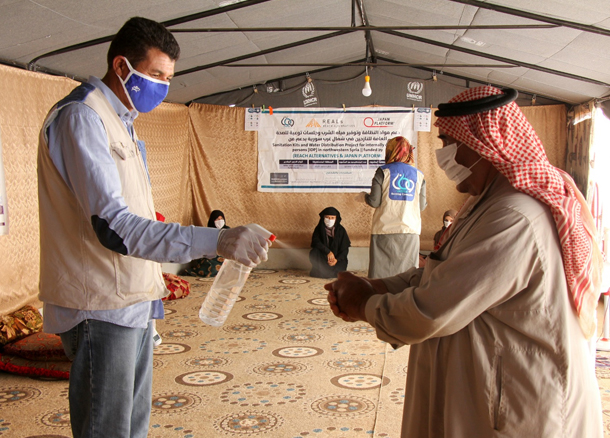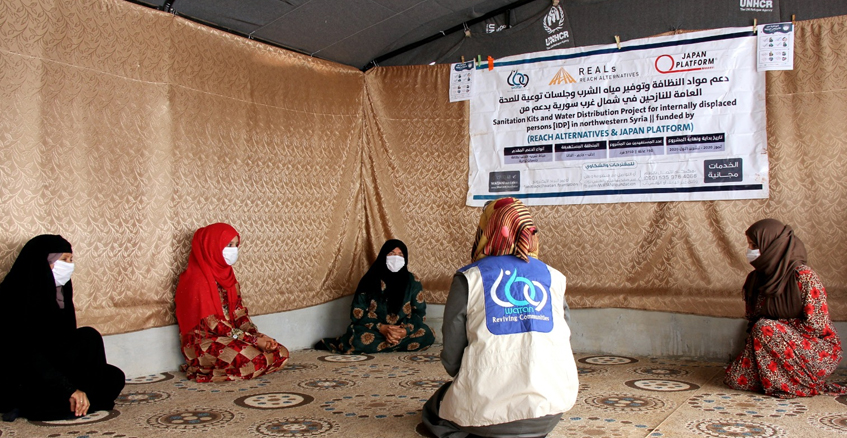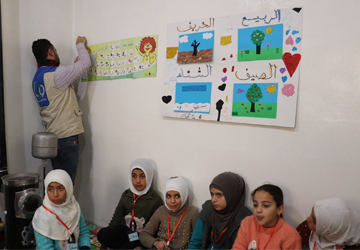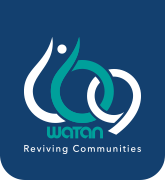Methods of awareness and support for personal hygiene to combat diseases and pollution

Watan continues to support the provision of hygiene baskets and distribution of water to the displaced in north-western Syria, with funding from the "Japan Platform Fund (JPF) ", and in cooperation with the " Japanese Alternatives to Access REALs " organization.
The aim of the intervention was to improve the personal hygiene conditions of 782 internally displaced families, comprising 4000 individuals in Al-Dana sub-district in the Harem district of the Idlib governorate. Access to clean water improved, providing an equivalent of 138.8m3 daily and supporting the improvement of hygiene through the distribution of hygiene baskets, whilst raising awareness through sessions on personal hygiene.


This project had begun to record the data of beneficiaries at the end of August of this year; based on this the first batch of (complete) hygiene baskets was distributed to 787 displaced families. Concurrently, the heads of the beneficiary families underwent awareness sessions on personal hygiene as a consequence of the rising corona virus cases. The sessions are held in order to increase public awareness of the attendees about the virus and ways to prevent it and contribute to limiting its spread. The second batch of basic hygiene baskets was distributed to 782 families in mid-September, in each of the camps (Al-Wardah, Badalha, Al-Anwar and Al-Fatira).
The food security teams in Watan continue to distribute water to 3910 individuals in the four camps targeted by the project in the Dana area (Al-Warda, Badalha, Al-Anwar and Al-Fatira), averaging 35 litres per person, per day until the end of the project period. By the end of last October, 79% of the total quantity of safe water allocated to 782 families 3910 individuals had been provided, and 70% of the total quantity of hygiene kits had been distributed to 787 families.
This project contributed to improving measures to prevent the emerging corona virus for the residing families, improving coping strategies for food security and livelihoods of them and enhancing economic cohesion in the targeted area. This was done through increase employment and commercial movement by contracting service providers. In addition to this, 2,250 hygiene kits were distributed to 782 displaced families.


Comments